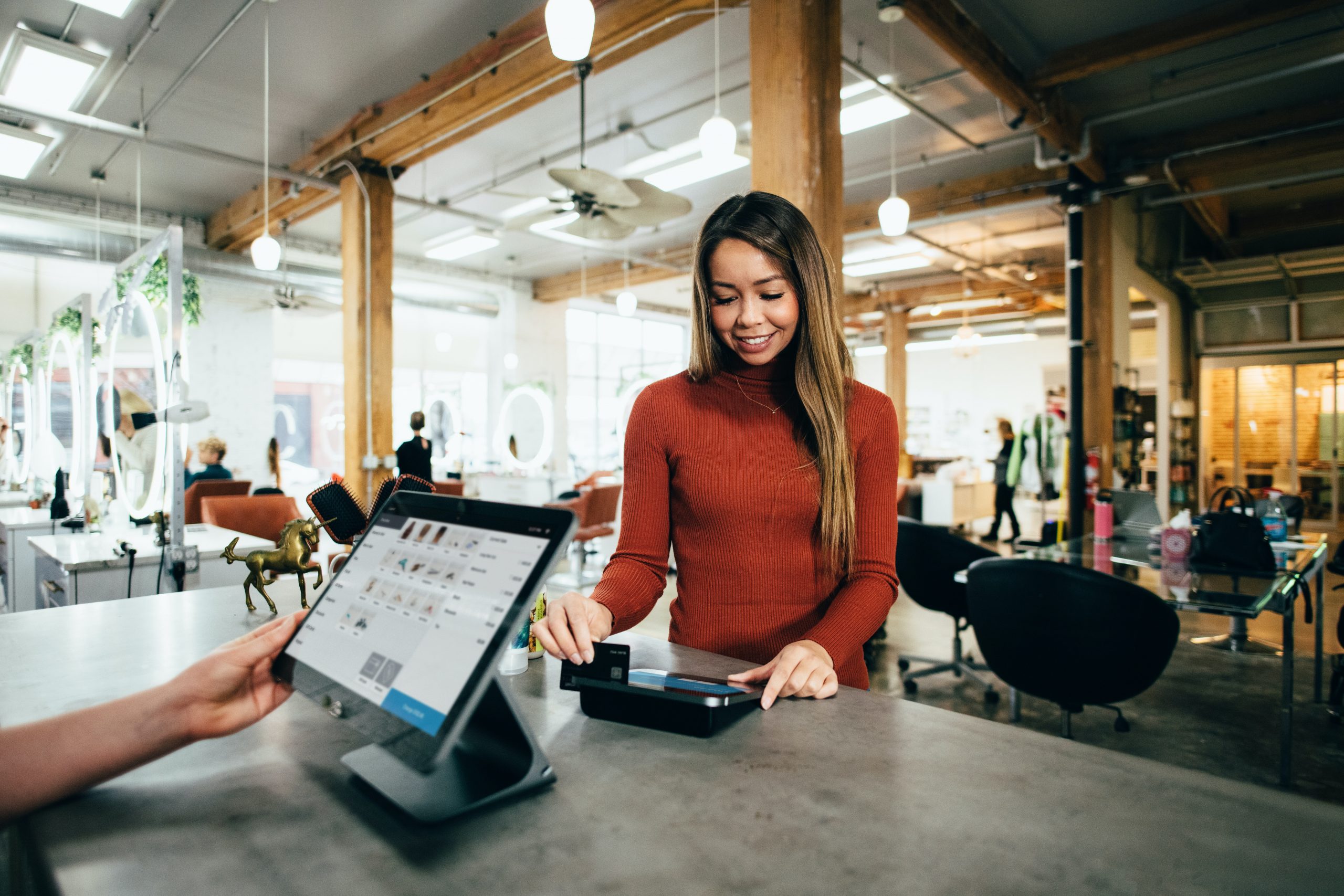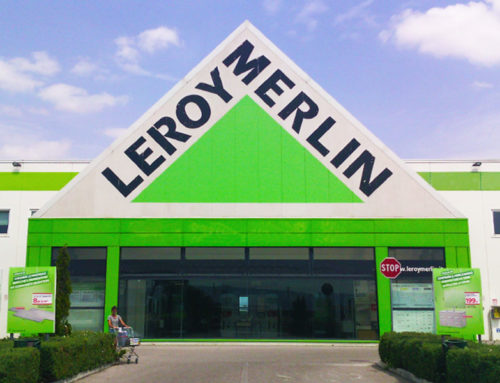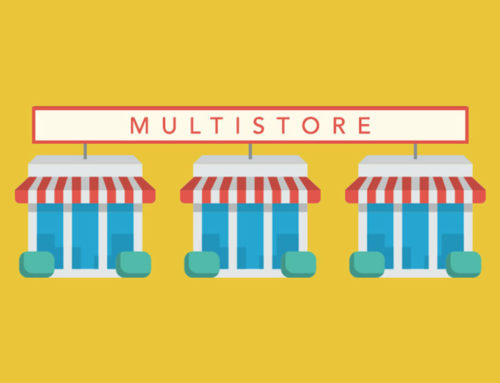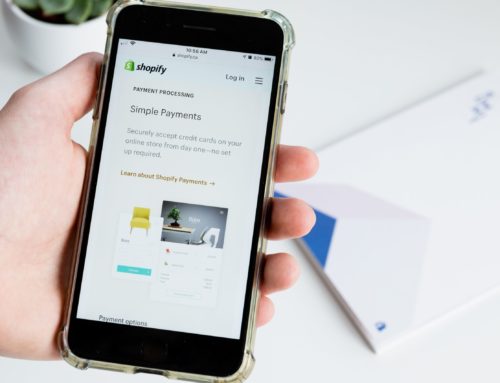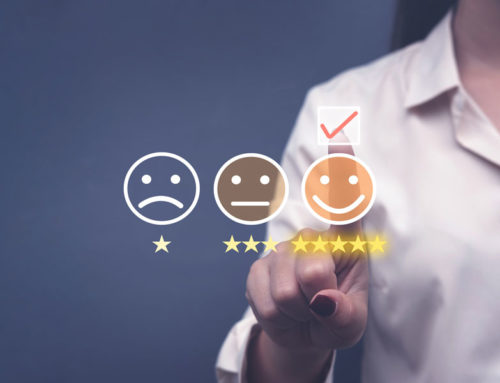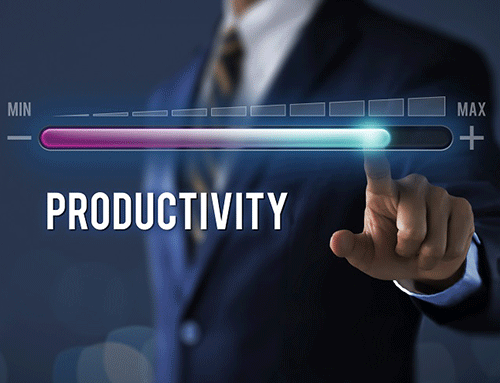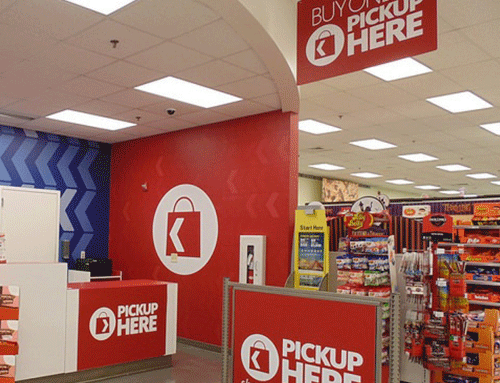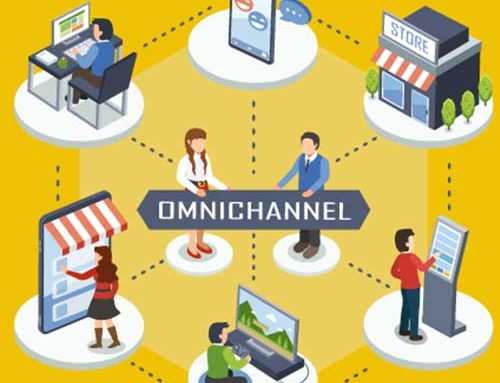The modern-day business has evolved since the early days of the barter system. Nowadays, sophisticated software is being used in the ever-demanding retail scenario. Two broad groups of software – Enterprise Resource Planning (ERP) and Point of Sale (POS) are widely used in the retail sector.
This software is in use for a few decades and has transformed from supplementary utilities in their early days to essential tools in the present-day retail sector. There are available in both commercial packages and in custom packages and work silently in the background of a retail business. Before going ahead, let us understand about both these types of software.
Enterprise Resource Planning (ERP).
Enterprise Resource Planning software is the back-end tool for a retail business. It is useful for accounting, inventory management, warehouse management, contact management, and many more activities. ERP can be thought of as a tool for planning and managing the business by looking into its various aspects from one single database.
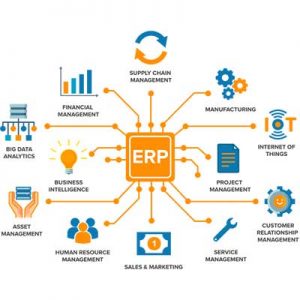
An ERP software streamlines the business activities by providing a common platform for its various components. This facilitates easy to control and monitoring activities of the tasks resulting in efficient retail operations. Being a planning tool, it is also useful in scheduling future tasks of a business.
Point of Sale (POS).
Point of Sale software is the front end tool of a retail business. It is located where retail customers make their purchase and are useful for tracking payments, generating invoices, offers, promotions, discounts, loyalty programs, and many other activities. It can be understood as the single point tool for the sales team towards processing and recording sales activities at various levels.
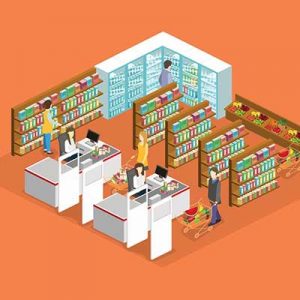
A POS tool is useful for managing real-time sales data in a retail business. It reduces the effort required and improves the speed of sales at the retail counter. These are real-time, robust software that maintains customer and transaction data of a business. The data can be analyzed for gaining profitable insights into sales at the brick and mortar shops.
The latest trend – integrating POS and ERP.
Having understood the ERP and POS tools, you may want to know what next. How to further leverage these technologies for a better business outcome. The answer is by integrating the POS and ERP. In other words, combining the front-end and back-end of your retail activities. Here are a few benefits of doing so:
Latest information for the sales team:
By integrating the POS with the back end of your business, you can provide your sales team with the updated status of the present and future inventory. This facilitates them to take proactive sales decisions offering the clients unmatched deals.
Accurate accounting:
With POS and ERP integration, you have the latest sales figures and profit data at your disposal. This enables you to make policy and strategy changes in your business. These real-time figures from the POS – ERP integration enables both micro and macro management resulting in a better business outcome.
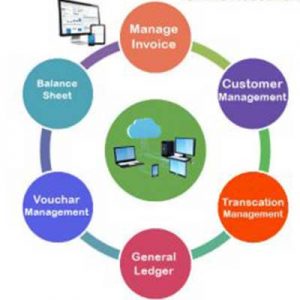
Better business forecasting:
The data available from the integration allows the management to make informed decisions for the growth of the retail business. The store managers are better able to predict the sale of merchandise and profitability in the future.

Efficient and effortless business management:
Integrating the front end and the back end of a retail business ensues in its productive and hassle-free management. The availability of all the business components on one single platform enables the conduct of smart business. The simpler implementation of various decisions encourages the various workforce elements to actively participate in the growth of the business.
Better management of demand and supply:
The complete view of the business helps in managing the key component of a retail business – demand and supply. Since you can keep the tab on the inflow and outflow of any product, you can better manage its availability and sales at your store.
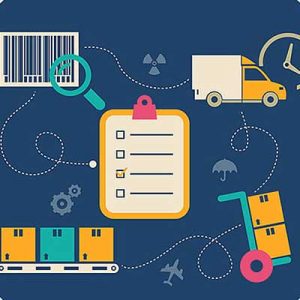
Data integrity:
The integration of the front and back ends of your retail business rules out the mismatch between the inventory data and the sales data. This gives you a better picture of the profits and enables you to find out abnormal activities if any.
Reduced cost of operation:
The integration eliminates the manual transfer of data between the front-end and back-end components of your business. This reduces the time required for data transfer and its adaption from one platform to another. It also eliminates manual work. Both of these factors reduce the cost of operations.
How to integrate?
There are several factors to consider while integrating the POS and ERP tools at your retail business. These factors ensure a smooth transition from the stand-alone approach to the integrated approach. Here are a few of them:
Have a clear picture:
Before starting the integration process, define your goals. Understand why it is important for your business and what do you expect from this operation. Having clear objectives will help you to address the requirements during the various stages of integration.
Choose the right integration manager:
The integration process is a full time, complicated task. It requires complete knowledge of all the components of your retail business. So delegate this activity to someone in your team who resourceful, has a clear understanding of all the activities of your business, and has access to all its components. Alternatively, you can choose an outside expert to do the job.
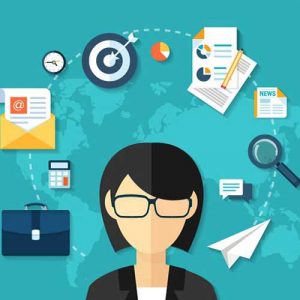
Staff training:
Post integration, all staff, using either or both components of the software may need to be upgraded on using the integrated tool. For standard products, training is provided by the tool vendors or the integration firm. You could even save costs by sending a pilot team for training which in return can train the rest of the staff. For customized software packages, training is provided by the software developing agency.
Quality control measures:
The integrated tools should be thoroughly tested before its actual usage. This is to ensure hassle-free customer experience and error-free business activities at your end.
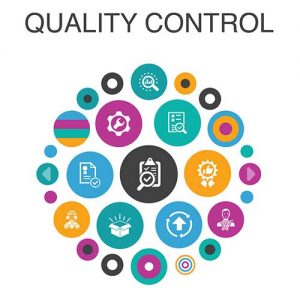
Finally:
ERP and POS are business management tools ensuring your success in the retail sector. These tools, whether used separately or in unison provide unmatched business opportunities, maximizing your earnings. So get started and boost your productivity today.
Ready to scale your retail? Our team of POSibolt consultants are on hand to help you grow your business. Click on the link to request a callback: https://posibolt.co.za/contact/ or visit us at https://posibolt.co.za/.

